How can tax reliefs enhance your charitable giving?
The end of the tax year on 5 April is not far away. Have you thought about making a charitable donation?
Many tax incentives are available - Below we explain some of the different options to help you maximise your charitable giving.
Gift Aid
Probably the best-known relief is Gift Aid which enables charities to obtain extra money in respect of your donation without it costing you a penny more. Gift Aid allows our chairty to claim an extra 25p for every £1 donated.
To make a Gift Aid donation, you need to be a UK taxpayer. Your donation is treated as if basic rate income tax has been deducted and charities can reclaim that tax from HMRC.
Gift Aid allows our charity to claim an extra 25p for every £1 donated. For example, on a donation of £1000, SECE Mind can claim £250 in Gift Aid from HMRC, meaning your total gift will actually become £1250.
Give a donation today, quickly and easily via our JustGiving Page - don’t forget to tick yes for Gift Aid!
Don’t worry, we can also backdate Gift Aid for previous donations - Please just get in touch with us via fundraising@secemind.org.uk
Tax relief for higher rate taxpayers
If you pay higher rate tax, you can claim back the difference between the higher rates of tax (40% or 45%) and the basic rate (20%) on the total value of the donation.
For example, if you pay 40% tax, a donation of £10,000 allows you to recover £2,500, so the donation costs you only £7,500 net, but our charity receives £12,500. If you pay 45% tax, a donation of £10,000 allows you to recover £3,125, so the donation costs you only £6,875 net, but SECE Mind receives £12,500.
There are restrictions which apply to Gift Aid donations and some of these are summarised below:
A donor needs to have sufficient income in charge to tax to cover the total of the donation and the Gift Aid relief. If not, they may be liable to pay all or part of the Gift Aid relief to HMRC.
Relief will not be available if a donor passes on funds from sponsored challenges eg. overseas treks. The sponsors should gift directly to the sponsored charity.
A donor may elect for a qualifying donation to be treated as having been made in the previous tax year. This may be beneficial if the donor was paying tax at a higher rate in that year or wants to get the relief earlier.
Gifts of assets
Individuals can get income tax relief on gifts of certain assets to charity. This relief is in addition to the capital gains tax relief on gifts of assets to charity (see below). The relief applies if you give, or sell at below market value, qualifying investments to a UK charity.
Qualifying investments include listed shares and securities (including AIM shares), units in an authorised unit trust, shares in an OEIC, an interest in an offshore fund and UK property.
For an individual this reduces their total income tax liability, so a top rate taxpayer will secure 45 per cent tax relief on the value passed to the charity.
Additionally, gifts to charity are not subject to capital gains tax. A donor would not, therefore, be required to pay capital gains tax on the value of the donation and this represents a potential saving of up to 28% per cent.
Giving in your will
If you'd like to include us in your will, we'd be so grateful. By leaving a gift to us, you'll be helping make sure everyone with a mental health problem gets the support and respect needed.
There are three main ways to leave a gift, with residuary gifts tending to be the most useful to us:
Residuary gift
This type of gift is a share of your estate, for example 5%. Many people divide their estate into 100 equal units, and after giving to family and loved ones, they gift a number of units to Mind. Unlike a cash gift, leaving a share of your estate means your gift won't devalue over time.
Cash gift
A cash gift, known as a pecuniary gift is a fixed sum of money, for example £5000. These gifts are paid out of your estate first, and then what is left is divided up as per your instructions in you will.
Specific gift
A specific gift is a nominated object, for example artwork, a collection of records, or an antique. If you want to keep a particular item in your family, then this could be a good way to pass the item on.
If your estate is liable to inheritance tax, you could choose to leave money to charity to reduce the overall amount of tax due from your estate as bequests to charity are exempt from inheritance tax. Gifts made to a UK charity in the seven years prior to your death are also covered by the same exemption from inheritance tax.
If you make a gift in your will to charity of at least 10% of your net estate, the rate of inheritance tax due on the taxable part of the estate is reduced from 40% to 36%. A gift of 10% of the estate to charity can leave the same amount available to your other beneficiaries as one of 4%. Any gift greater than 4% but less than 10% results in your beneficiaries receiving less money than they would have done if the gift was for 10%.
